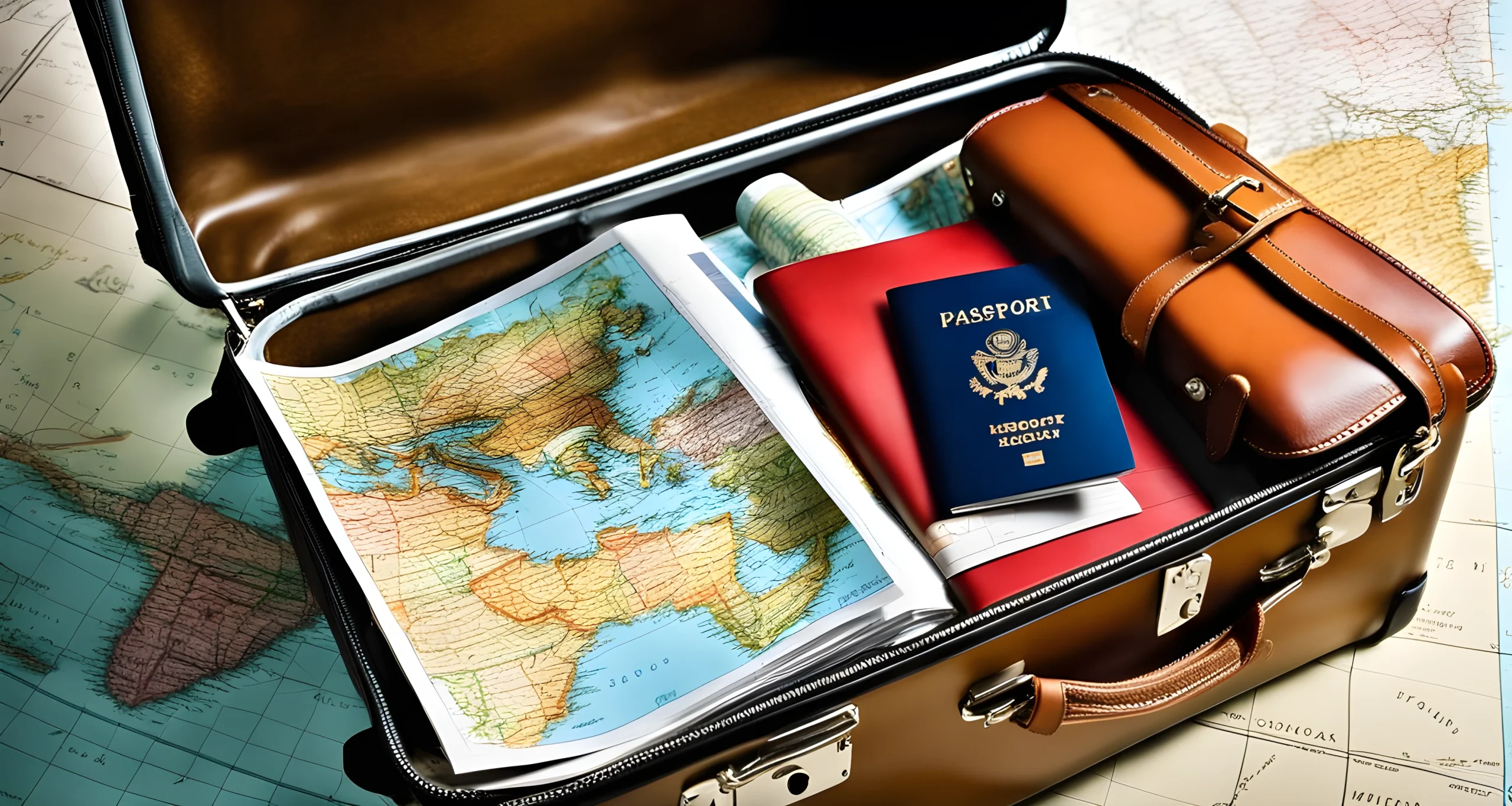Introduction
Budget travel requires careful planning and strategic decision-making to ensure that your trip is both enjoyable and financially feasible. Here are some detailed budget travel tips to help you make the most of your travel budget.
When it comes to traveling on a budget, there are several factors to consider in order to maximize your savings and minimize unnecessary expenses. With the right approach, you can enjoy an incredible travel experience without breaking the bank. From choosing the right destination to meticulously tracking your expenses, every step plays a crucial role in ensuring a successful budget-friendly trip.
In this article, we will guide you through the process of planning and executing a budget-friendly trip, covering everything from researching average costs to creating a detailed travel budget spreadsheet. By following these top tips, you can save money while traveling and make the most of your travel budget.
Whether you’re a seasoned traveler looking to cut down on expenses or someone planning their first budget trip, this comprehensive guide will provide valuable insights and practical advice for optimizing your travel spending. From meticulous budgeting methods to finalizing your overall travel budget, we’ve got you covered every step of the way.
So, if you’re ready to embark on an affordable and unforgettable journey, keep reading for expert tips on saving money while traveling. And if you’re also looking for frugal family travel advice, check out our article Frugal family travel advice for additional insights on saving money while traveling with your loved ones.
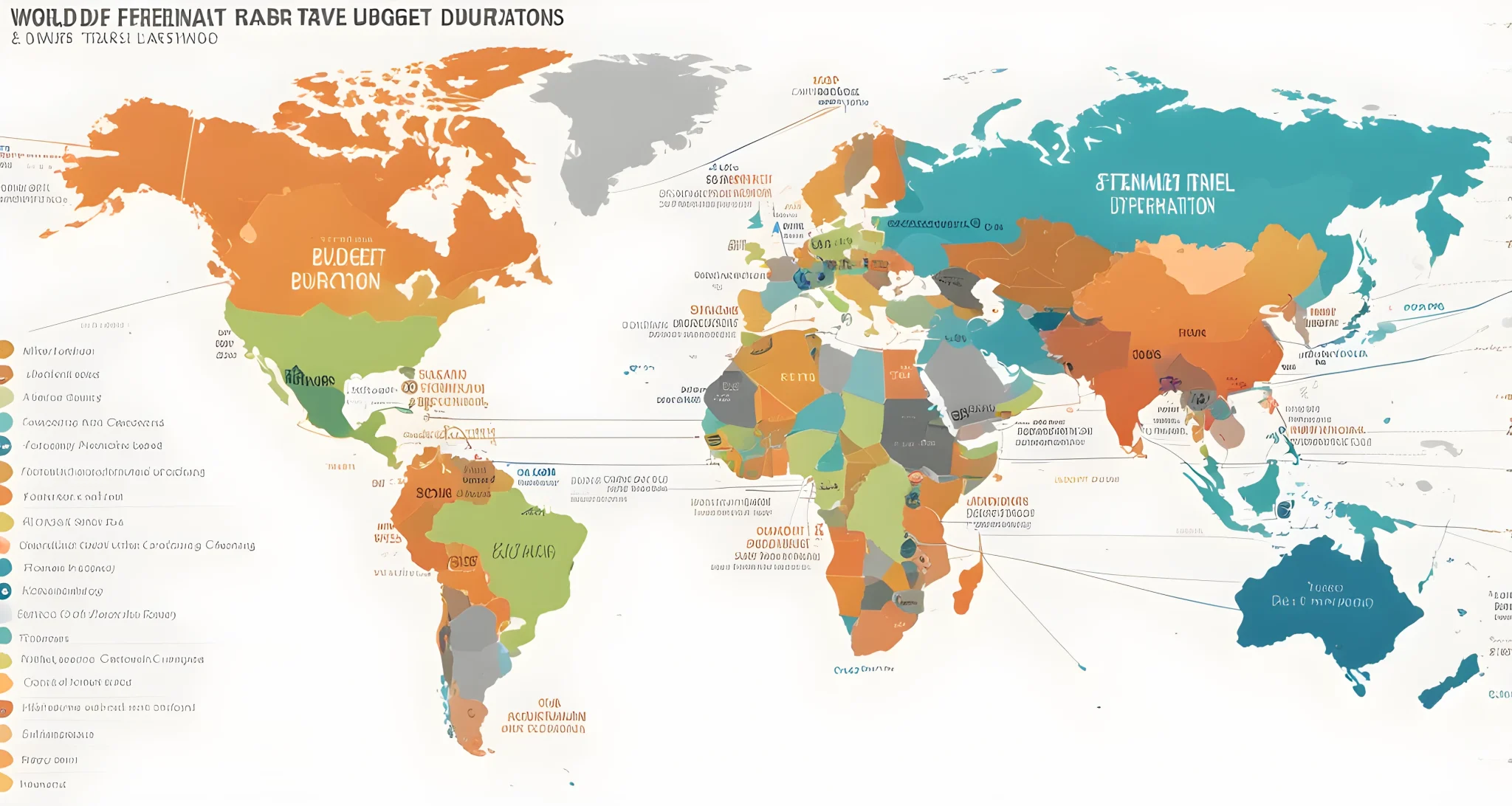
Choosing Your Destination and Duration
When it comes to budget travel, being flexible with your destination and duration can make a big difference in saving money and having a memorable experience. Here are some tips to consider:
Letting affordable flights dictate your travel plans
- Keep an eye out for Money-Saving Solo Journey Tips that offer great deals on flights to various destinations.
- Consider using budget airlines or flexible travel dates to find the best deals.
Being open to new destinations
- Instead of sticking to popular tourist destinations, consider exploring hidden gems or off-the-beaten-path locations.
- Embracing new destinations can lead to exciting travel experiences and often come with a lower price tag.
Being flexible with your travel itinerary
- Allowing for flexibility in your schedule can help you take advantage of last-minute deals and special promotions.
- Spending more time in each location can also help you save money on transportation costs and accommodation.
Immersing yourself in local culture
- Spending more time in a single destination allows you to fully immerse yourself in the local culture and experience the true essence of the place.
- Opting for longer stays can also give you a deeper understanding of the destination, allowing you to appreciate it on a more profound level.
By being open-minded about your destination and duration, you can make the most of your budget travel experience while creating lasting memories.
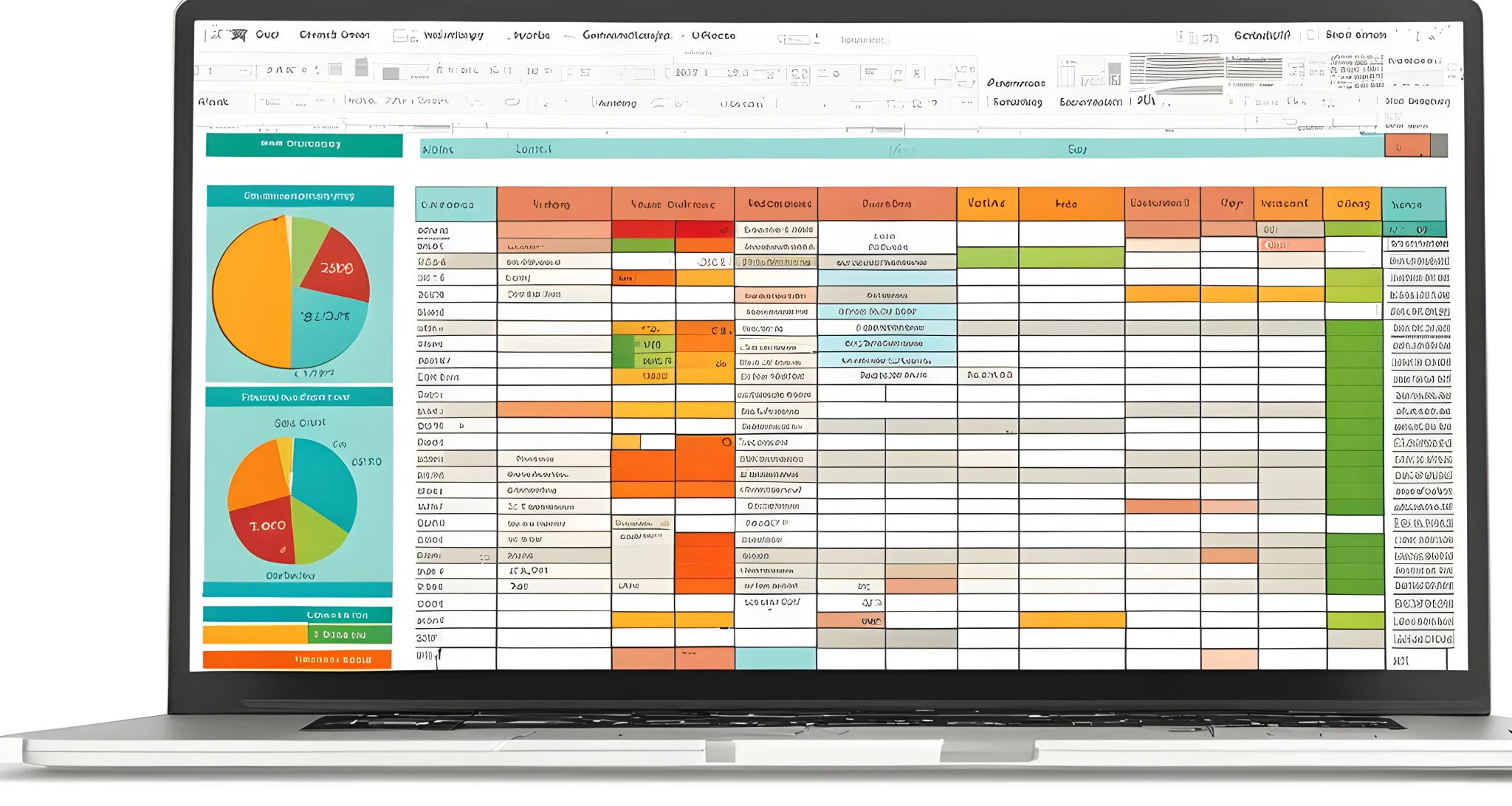
Researching Average Costs
Before finalizing your travel budget, it’s crucial to thoroughly research the average costs associated with your chosen destination. This will help you determine how much money you’ll need for your trip, ensuring that you don’t overspend or underestimate your expenses.
To accurately gauge the average costs, consider the following factors:
Accommodation
- Research the average cost of hotels, hostels, or vacation rentals in your destination. Websites like Booking.com and Airbnb can provide valuable insights into accommodation prices.
Food
- Look into the average cost of meals at restaurants, street food vendors, and grocery stores in the area. Consider cooking your own meals to save money – check out our article on Tips for Cooking Away for some helpful ideas.
Transportation
- Research the cost of public transportation, taxis, ridesharing services, and car rentals. Factor in any additional transportation expenses such as airport transfers or day trips.
Activities
- Explore the average costs of sightseeing tours, museums, outdoor excursions, and other activities you plan to participate in during your trip. Don’t forget to account for entrance fees and any equipment rental costs.
By researching these average costs, you’ll be able to create a more accurate travel budget that reflects the true expenses of your trip. This will also help you identify areas where you can potentially save money or allocate more funds.
Additionally, consider reaching out to fellow travelers who have visited your destination recently. Online travel forums and social media groups can be excellent resources for obtaining firsthand information about average costs from people who have experienced them firsthand.
Armed with this knowledge, you’ll be better equipped to create a detailed travel budget spreadsheet that accurately captures all of your potential expenses. This will ultimately help you plan and enjoy your trip without worrying about financial constraints.
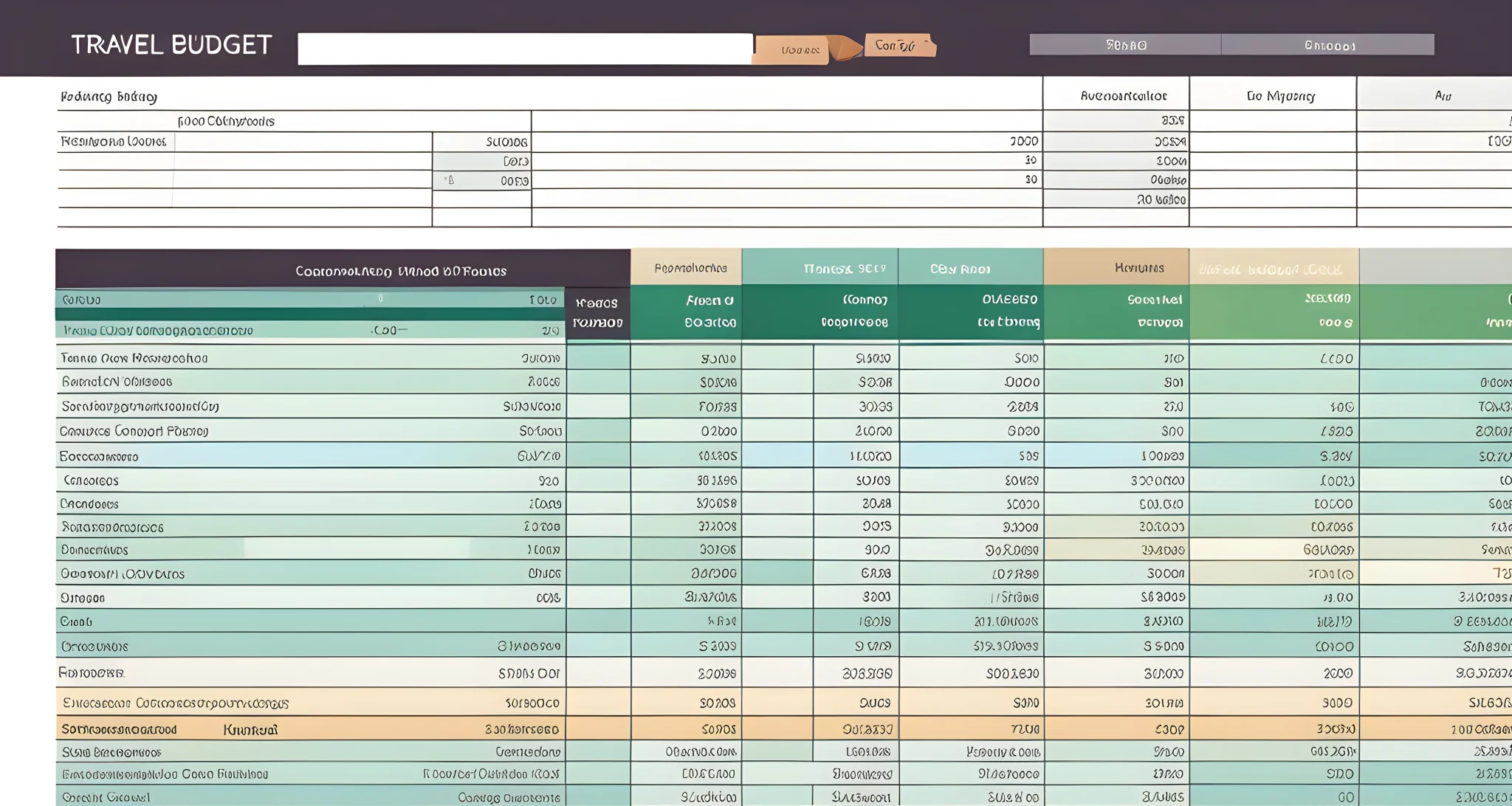
Creating a Detailed Travel Budget Spreadsheet
When it comes to effectively managing your travel budget, creating a detailed travel budget spreadsheet can be a game changer. By keeping track of all your expenses, you can ensure that you stay within budget and have the financial freedom to truly enjoy your trip. Here’s how you can create a comprehensive travel budget spreadsheet:
-
Accommodation: Research and list the costs of potential accommodations for your entire trip duration. Include the nightly rate, any additional fees, and the total cost for your stay.
-
Transportation: Determine the costs associated with getting to and from your destination, as well as any intra-city transportation expenses. This can include flights, train tickets, rental cars, and public transportation fees.
-
Food: Estimate your daily food budget based on the average cost of meals at your destination. Factor in groceries, dining out, and any special culinary experiences you may want to indulge in.
-
Activities: Research and plan for the activities you want to engage in during your trip. Allocate a budget for sightseeing tours, museum visits, adventure activities, and entertainment.
-
Miscellaneous Expenses: Account for any additional costs that may arise during your travels, such as visa fees, travel insurance, souvenirs, and unforeseen expenses.
By creating a comprehensive travel budget spreadsheet with these categories, you can gain a clear understanding of where your money will go during your trip. This level of detail will empower you to make informed decisions about your spending and prioritize experiences that matter most to you.
For more tips on creating an effective travel budget spreadsheet and managing your expenses while traveling, check out our article on Budget-friendly backpacking tips. With meticulous planning and organization, you can make the most of your travel budget and have a worry-free trip.
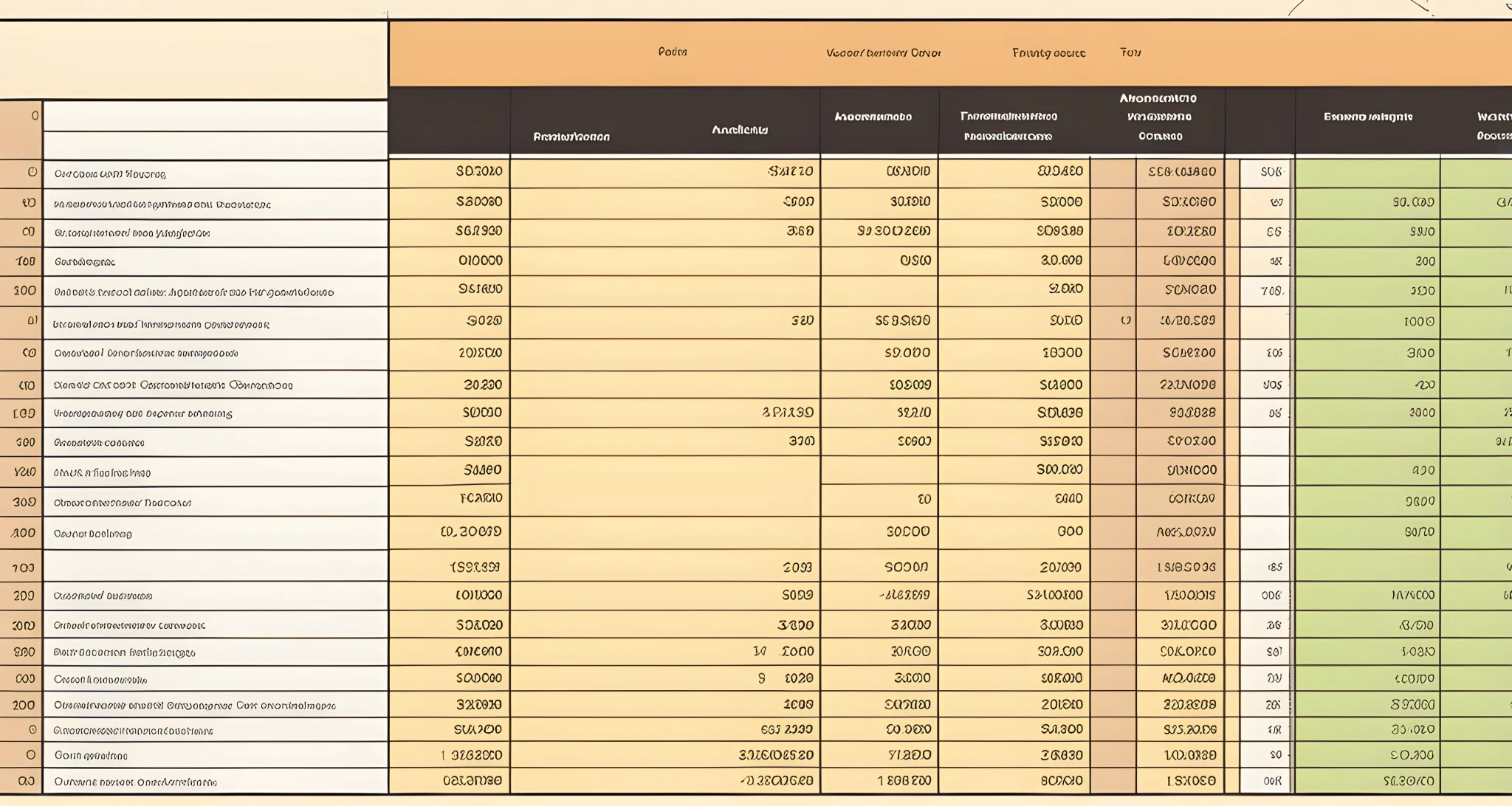
Refining Your Budget with Expense Categories
Once you have created your initial travel budget, it’s important to refine it by breaking down your expenses into specific categories. This will allow you to identify areas where you can potentially save money and make adjustments as needed.
Benefits of Expense Categories:
- Identifying Areas for Savings: By categorizing your expenses, you can easily see where the majority of your budget is being allocated. This will help you identify areas where you can potentially cut costs or find more affordable alternatives.
- Better Tracking: Breaking down your expenses into categories makes it easier to track and monitor your spending. It provides a clear overview of where your money is going, helping you stay within budget.
Common Expense Categories:
- Accommodation: This category includes hotel stays, Airbnb rentals, or hostel accommodations.
- Transportation: Expenses related to flights, train tickets, rental cars, or public transportation.
- Food and Dining: This category covers the cost of meals, snacks, and dining out during your travels.
- Activities and Entertainment: Any expenses related to sightseeing tours, museum tickets, or other activities.
- Miscellaneous: This category can include unexpected expenses, souvenirs, or any other miscellaneous costs.
Tips for Refining Your Budget:
- Review Your Average Costs: Refer back to the average costs you researched earlier and allocate specific amounts to each expense category.
- Be Realistic: When allocating amounts to each category, be realistic about how much you are likely to spend in each area.
- Prioritize Your Expenses: Determine which categories are the most important to you and allocate more of your budget accordingly.
By breaking down your expenses into specific categories and allocating amounts accordingly in your detailed travel budget spreadsheet, you will have a clearer understanding of where your money is going. This will enable you to make informed decisions about potential areas for savings and ensure that you stay within your overall travel budget.
For more tips on sticking to your travel budget, check out Sticking to Your Travel Budget.
Remember that meticulous budgeting methods can make a significant difference in how much money you spend while traveling. Stay tuned for the next section on meticulous budgeting methods for even more tips on saving money during your travels.
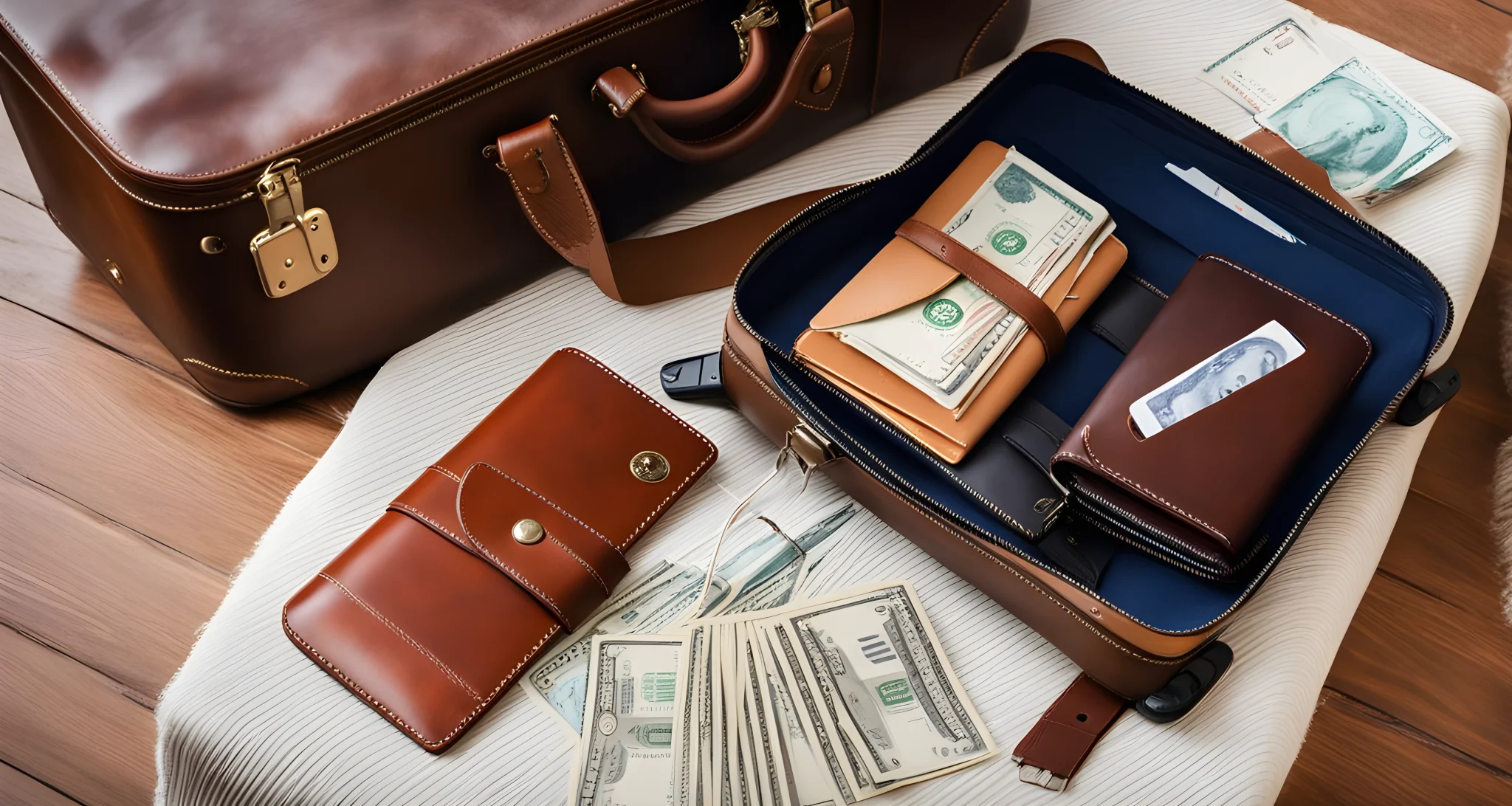
Meticulous Budgeting Methods
When it comes to sticking to your travel budget, utilizing meticulous budgeting methods can make a significant difference in your overall expenses. By being mindful of your spending and making savvy choices, you can make the most of your travel funds without overspending.
Tracking Your Spending
One effective way to stay within your budget is by tracking your spending. Keep a detailed record of all your expenses, including meals, transportation, accommodations, and entertainment. This will give you a clear picture of where your money is going and help you identify areas where you can cut back if necessary. Consider using apps or online tools to easily track and categorize your expenses.
Seeking Out Budget-Friendly Accommodation Options
Choosing affordable lodging can have a big impact on your travel budget. Look for budget-friendly accommodations such as hostels, guesthouses, or vacation rentals. Additionally, consider options like Required Budget Travel Tips for more insights on finding affordable places to stay.
Using Public Transportation
Opting for public transportation over taxis or rental cars can significantly reduce your travel expenses. Many destinations offer economical and efficient public transit systems that can take you to popular attractions and landmarks. Research the public transportation options available at your destination and plan your itinerary around them to save money on transportation costs.
By incorporating these meticulous budgeting methods into your travel planning, you can maximize the value of your travel budget and avoid overspending. Remember that even small adjustments in spending can add up over the course of your trip, allowing you to make the most of your travel experience without breaking the bank.
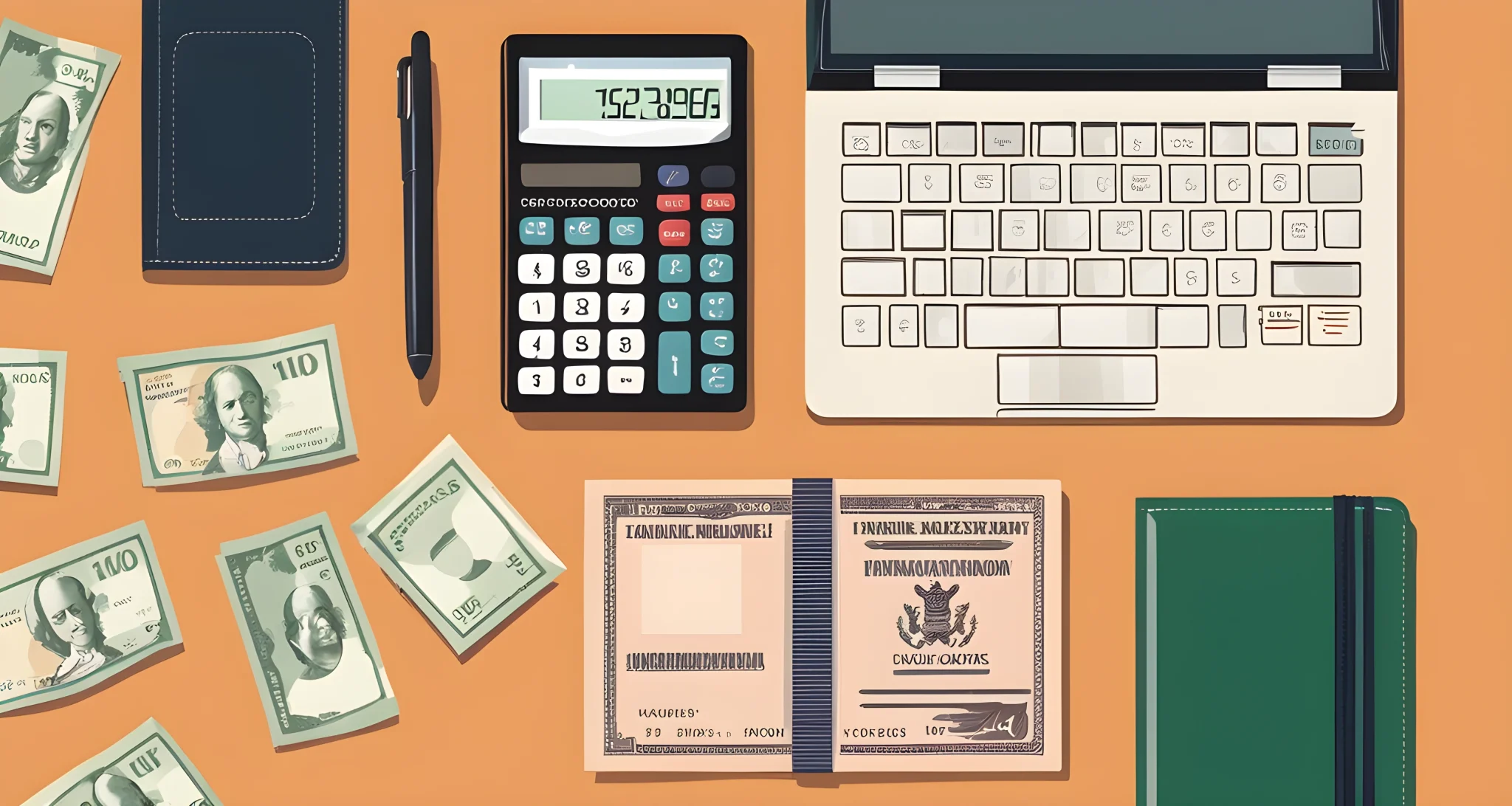
Finalizing Your Overall Travel Budget
Once you’ve gone through the process of creating a detailed travel budget, it’s important to take the final steps to ensure that you are fully prepared for your trip. Finalizing your overall travel budget involves careful consideration and commitment to sticking to your financial plan.
Making Necessary Adjustments
- Review your travel budget spreadsheet and make any necessary adjustments. This could involve reallocating funds from one expense category to another, or making changes to accommodate unexpected costs that may have come up during the planning process.
Ensuring All Expenses are Accounted For
- Double-check that all expenses are accounted for in your budget. This includes transportation, accommodation, food, activities, and any other potential costs. Don’t forget to include fees for visas or travel insurance.
Committing to Your Budget
- Once you have finalized your budget, it’s important to commit to sticking to it throughout your trip. This means resisting the temptation to overspend on non-essential items and being conscious of your financial limitations.
Additional Tips
- Consider setting aside a small contingency fund in case of emergencies or unexpected expenses.
- Keep track of your spending during your trip by using a budget tracking app or keeping receipts and notes.
- Take advantage of money-saving food travel hacks from Money-Saving Food Travel Hacks article to help reduce food expenses during your trip.
By taking these final steps to finalize your overall travel budget, you can feel confident and prepared as you embark on your journey. Being mindful of your financial plan will not only help you save money while traveling, but also allow you to fully enjoy the experience without any unnecessary financial stress.
FAQ
What are some ways to save money on transportation while traveling?
Opt for overland travel, use public transportation instead of taxis, and be flexible with your travel itinerary to minimize transportation costs.
How can i find affordable destinations for my travels?
Let affordable flights and travel deals guide your plans. monitor flight deals and be open to letting the destination pick you based on the best deals available.
Are there ways to save on accommodation while traveling?
Consider staying with friends or family in your desired destination to reduce accommodation costs. additionally, traveling slowly and being flexible with your itinerary can help save on accommodation expenses.
How can i enjoy activities and sightseeing without spending a lot of money?
Engage in activities that don’t involve expensive attractions, spend more time in each location to experience local life and culture more deeply, and be open to immersive experiences through overland travel.
